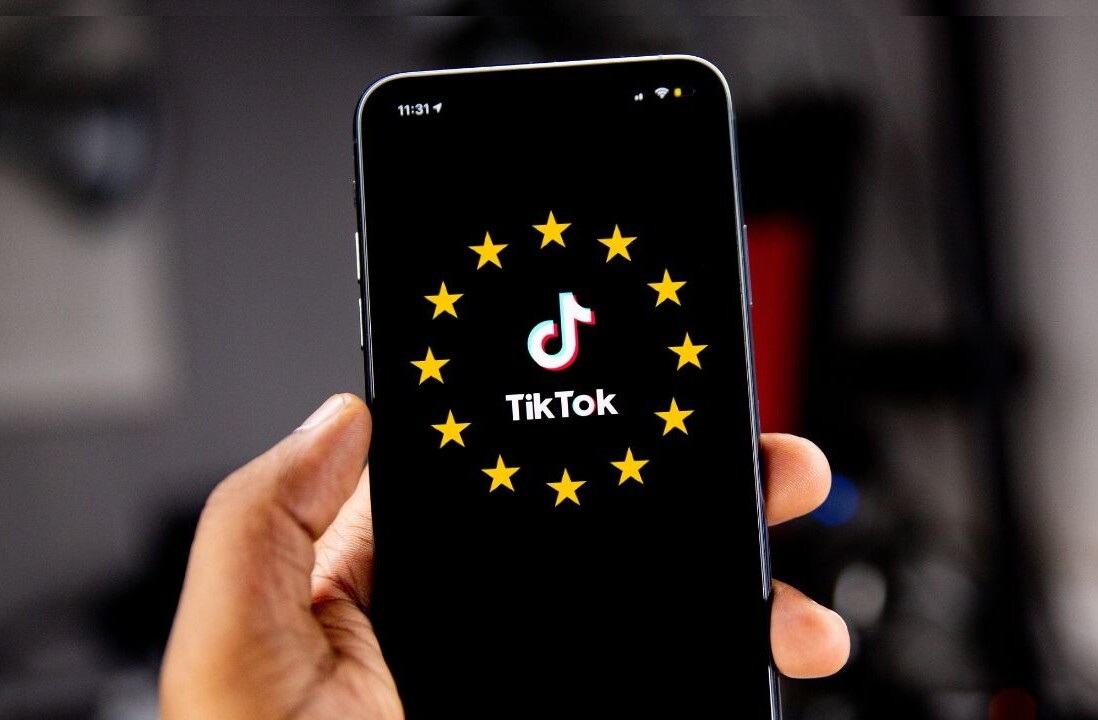
 The internet, parental controls, and child protection online have always been areas of great concern for parents and children alike. Thankfully, in the past, where Windows and Mac OS have dominated the personal computer market, it wasn’t too difficult for parents to learn how to block access to certain areas of the computer or specific websites. Nowadays, with the emergence of numerous mobile OS’ and devices, parents are largely left clueless.
The internet, parental controls, and child protection online have always been areas of great concern for parents and children alike. Thankfully, in the past, where Windows and Mac OS have dominated the personal computer market, it wasn’t too difficult for parents to learn how to block access to certain areas of the computer or specific websites. Nowadays, with the emergence of numerous mobile OS’ and devices, parents are largely left clueless.
In fact, it’s likely many parents will be unaware of the fact that their childs brand new mobile has unrestricted access to the web at all, never mind how to control it. This will leave children and young teenagers prone and vulnerable to pornography, cyber-bullying, stalking and awful language, among other threats.
Let’s for the sake of argument assume many parents are clued up, know exactly what type of phone their child is using and precisely what usage privileges have been set. There is simply no feasible way that a parent can monitor every possible means of internet access for their child. Whether it’s at the mall, over at a friend’s place or most likely the on mobile of one of their friends whose parents couldn’t care less what he/she comes across on the web.
As with my childhood and that of many of you out there, parents will need to offer an element of trust. Sadly today, even with trust, X-rated ads are thrown in our faces (many of which our adult minds have become oblivious to) and online bullying, abusive language and stalking is common place on all popular social networks. There are pornography sites out there with videos and pictures, less than two clicks from the homepage – and mobile sites to boot. Glamour models, women who sadly many children and teenagers look up to (at least in the UK), have their own social networks (like CandyCrib.com) with slutty video content and profiles accessible direct from the homepage. Sites like MySpace and increasingly Bebo and Facebook, are still filled with opportunity for pedophiles, stalkers and bullies to abuse…yet mobile phones are still a click or two away from access to it all. The mobile internet has witnessed phenomena like “Sexting”, usually involving female teens being encouraged to send intimate camera phone pictures to their boyfriends – often to find that when they split up, the pictures end up online and in the public domain.
Answers and What’s Currently Being Done
What’s difficult for me, writing this, is I don’t have any real answers or solutions. Banning children access to a mobile phone won’t solve any problems as they’ll have friends who still have access. Besides, mobile access can often provide a great deal of personal security, something important for children. We could look to the phone manufacturers and mobile OS developers for answers, but despite signing up to agreements and organisations (mentioned below), there are far too many of them out there for parents to really understand how to set the phones up correctly to ensure their child is well and truly protected.
One solution might be to put an age limit on certain types of phone, much like cigarettes, and therefore know for certain that if you’re under 16 that you can only have one of (say) three types of phone, It may seem to be a drastic and possibly ludicrous solution, but then again, maybe it isn’t. What’s likely to the be the most concrete option is to clamp down on ads and websites that give easy access to pornographic and adult material without real proof of age, and to ensure that the web (particular social networks) is rid of any abusive users and language.
Thankfully there are organisations and frameworks established to deal specifically with this area. One such organisation is The Family Online Safety Institute (FOSI), an international, non-profit membership organization dedicated to working to develop a safer Internet. The institute works to make the online world safer for kids and their families by identifying and promoting best practice, tools and methods in the field of online safety, while also respecting free expression. FOSI establishes four pillars to the work of the Institute; these are Events, Public Policy, Technology and Education. Members include the likes of AOL, Google, British Telecom and MySpace.
The EU Safer Mobile Framework, is an agreement signed by leading mobile operators and content providers in February 2007, supposedly committed to safer mobile use by younger teenagers and children. The Framework describes principles and measures that the signatories committed to implementing on a national level such as access control for adult content, awareness-raising campaigns for parents and the fight against illegal content on mobiles.
The UKs mobile broadband operators have signed a voluntary code of practice which includes some measures to protect younger eyes from innapropriate content. The mobile broadband operators in the UK have signed a voluntary code of practice put forward by the communications regulator Ofcom which will make provisions to protect youngsters. Quite how it will actually protect children, we’ve yet to see.
Realistically
As exciting as these times are, its easy to forget the logistical, more human impact of new technology. The physical and psychological well-being of our children, as well as their reputations and the consequences and legal implications of their actions must be considered. It needs a combined effort from internet users, parents, organisations, mobile manufacturers, OS developers, work groups and online influentials before we see real strides in ensuring children can enjoy the web for what it largely is; a wealth of information the likes of which no child has ever experienced before.
Get the TNW newsletter
Get the most important tech news in your inbox each week.




